In today’s DIY and professional tool world, cordless power tools have become the go-to choice for convenience, mobility, and efficiency. Whether you’re tackling home improvement projects or working on demanding job sites, a reliable cordless tool can make all the difference. The right brand ensures you get durability, power, and the features you need to work smarter, not harder.
However, for those just starting out in DIY, it’s easy to feel overwhelmed by the range of premium brands and high price tags. If you’re just doing small projects around the house, you don’t necessarily need to buy premium tools. Opting for budget-friendly brands like Ryobi or Skil can provide excellent performance at a fraction of the cost.
That said, as you take on more complex tasks or professional work, investing in higher-end brands like DeWalt, Milwaukee, or Hilti can offer better durability, longer battery life, and features tailored to heavy-duty use. Knowing which brand fits your needs and skill level is key to making a smart investment in your toolkit.
In this guide, we’ll break down the best cordless power tool brands based on benefits, downsides, and price to help you choose the right tools, whether you’re a beginner DIYer or a seasoned pro.
1. Bosch
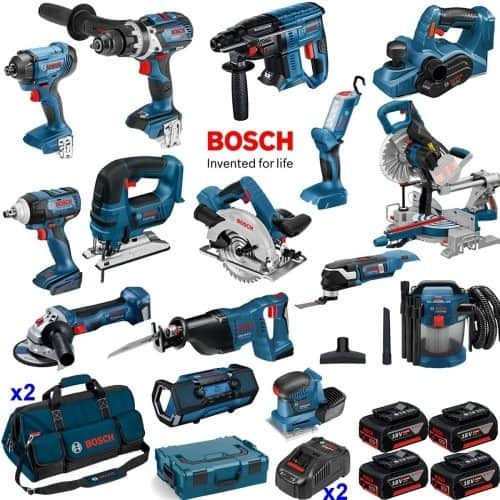
- Benefits: Bosch is renowned for its German engineering, providing reliable and durable tools. Its standout feature is the quality of its batteries, offering long life and fast charging. Their tools also come with advanced features like Bluetooth connectivity for tool management.
- Downsides: The downside is that their after-sales support isn’t as strong as some competitors. Bosch also offers a shorter warranty compared to other brands.
- Price: Mid to high-end, reflecting its durability and technology
2. DeWalt
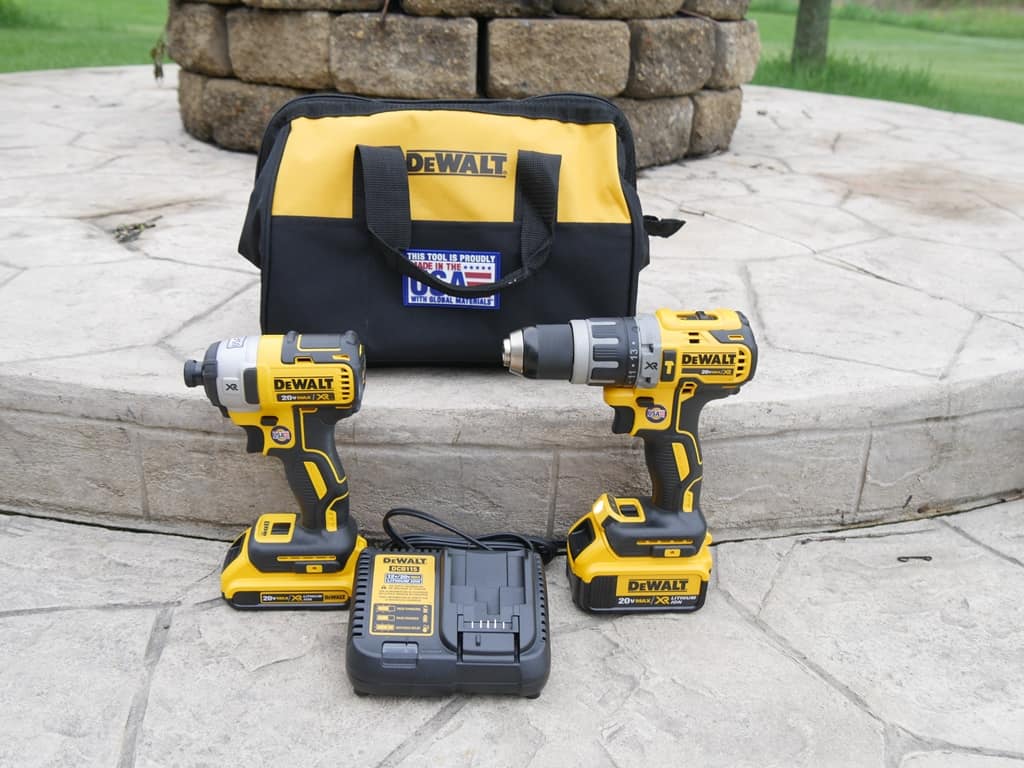
- Benefits: Known for heavy-duty, jobsite-ready tools, DeWalt offers an expansive 20V MAX cordless lineup. Their tools are widely regarded for power and durability, especially in construction. The warranty service is solid, and DeWalt tools are built to withstand rough conditions.
- Downsides: Some users have noted that DeWalt tools can be heavier, which may reduce ease of use for extended periods.
- Price: Mid to high-range
3. Festool
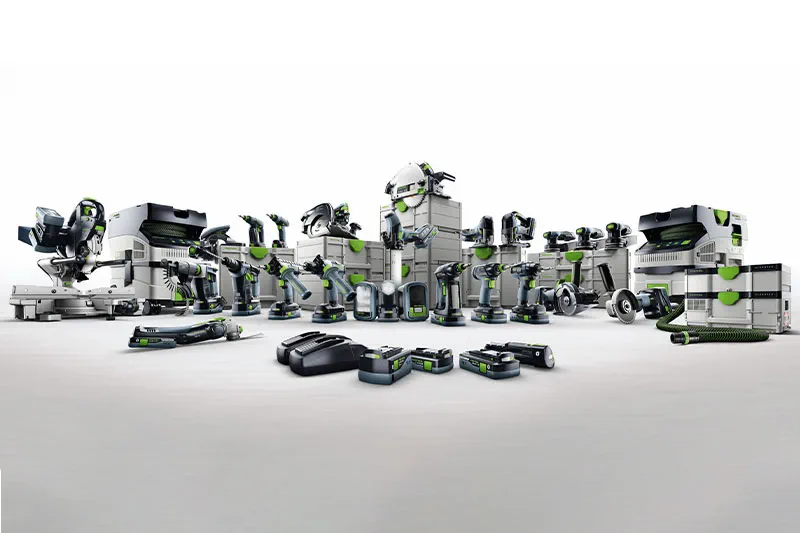
- Benefits: Festool is a high-end brand aimed at professionals. It excels in precision, ergonomics, and dust extraction systems, making it a favorite among woodworkers and builders.
- Downsides: The high price tag makes Festool inaccessible for casual users. Its focus on premium features means that it may not always be the best value for basic needs.
- Price: Premium
4. Hilti
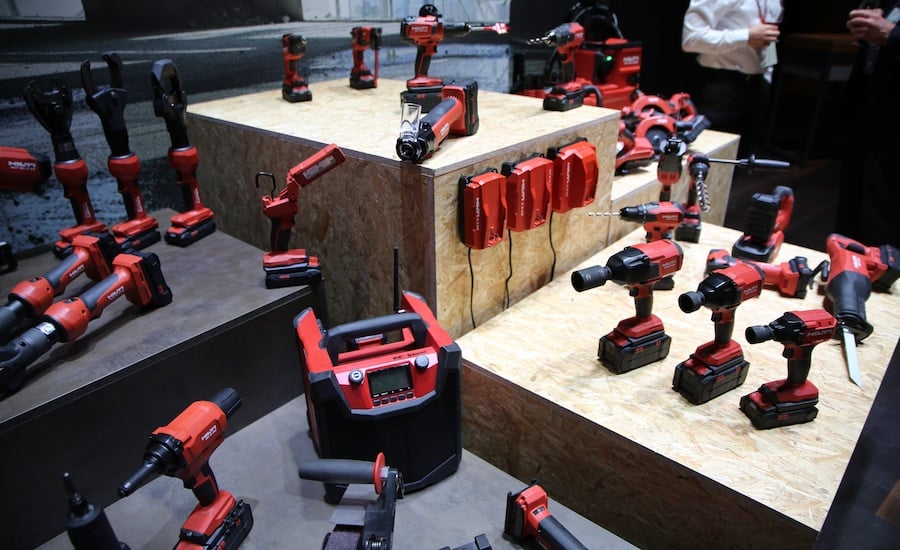
- Benefits: Hilti tools are built for extreme durability and are favored in construction and heavy-duty industries. Their cordless tools have strong battery performance and come with excellent customer service, including on-site tool repair options.
- Downsides: They are among the most expensive brands, often priced beyond what a typical DIYer would invest.
- Price: High-end
5. Makita
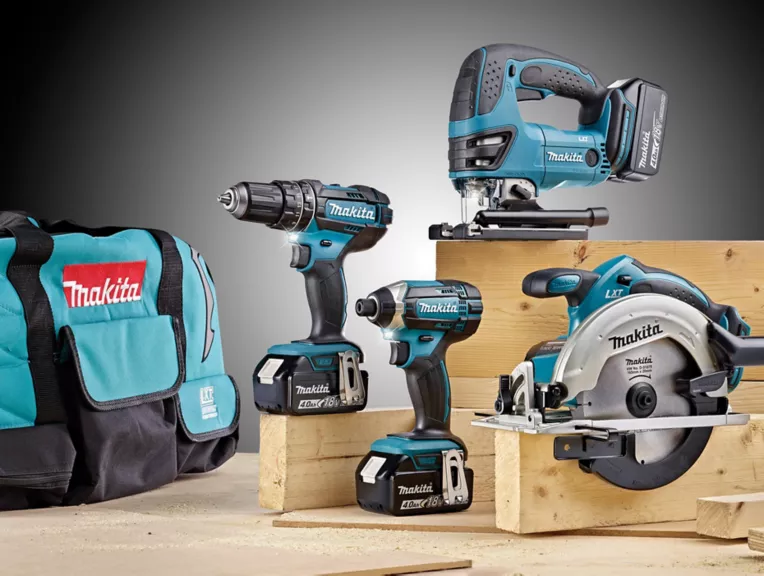
- Benefits: Makita is well-known for a vast cordless tool lineup, offering everything from drills to lawn equipment. Their 18V LXT platform is widely praised for its power, compact design, and fast-charging batteries.
- Downsides: While they offer great tools for professionals and homeowners alike, Makita’s tools can be a bit pricey compared to Ryobi or Skil.
- Price: Mid-range
6. Metabo
- Benefits: Metabo excels in providing high-end, durable tools with strong battery life. Their tools are favored for high torque, making them excellent for metalwork and heavy-duty tasks.
- Downsides: Their tools, while powerful, can be a bit more niche, making them less suitable for everyday DIY use.
- Price: Mid to high-range
7. Milwaukee
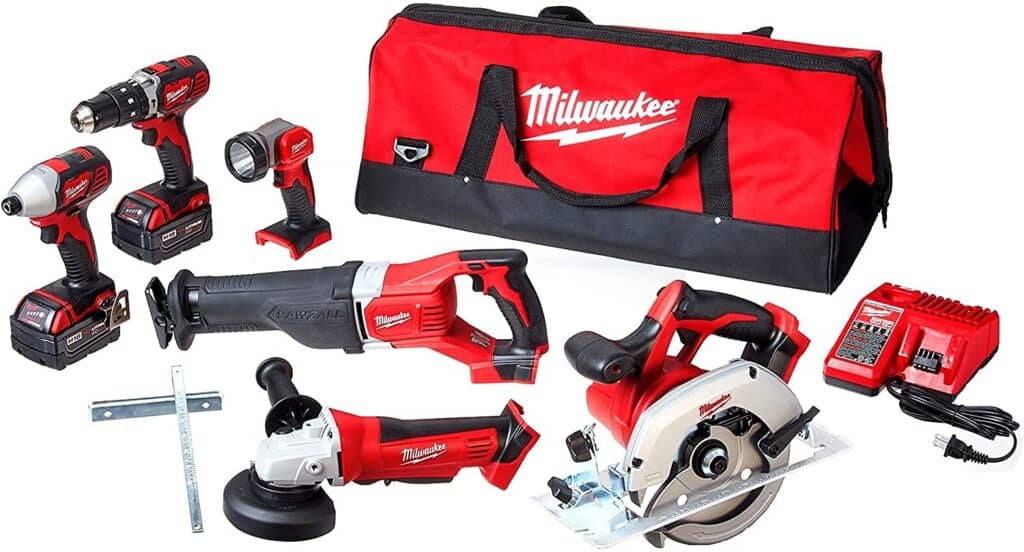
- Benefits: Milwaukee is a leader in cordless tool innovation with its M18 and M12 battery systems. Known for rugged design, power, and industry-leading performance, Milwaukee is often favored by professionals. Their ONE-KEY technology allows users to track and control their tools via Bluetooth.
- Downsides: Milwaukee tools tend to be on the heavier side, and their price can be higher than competitors.
- Price: Mid to high-end
Also read: Rotary Drill vs. Hammer Drill
8. Ryobi
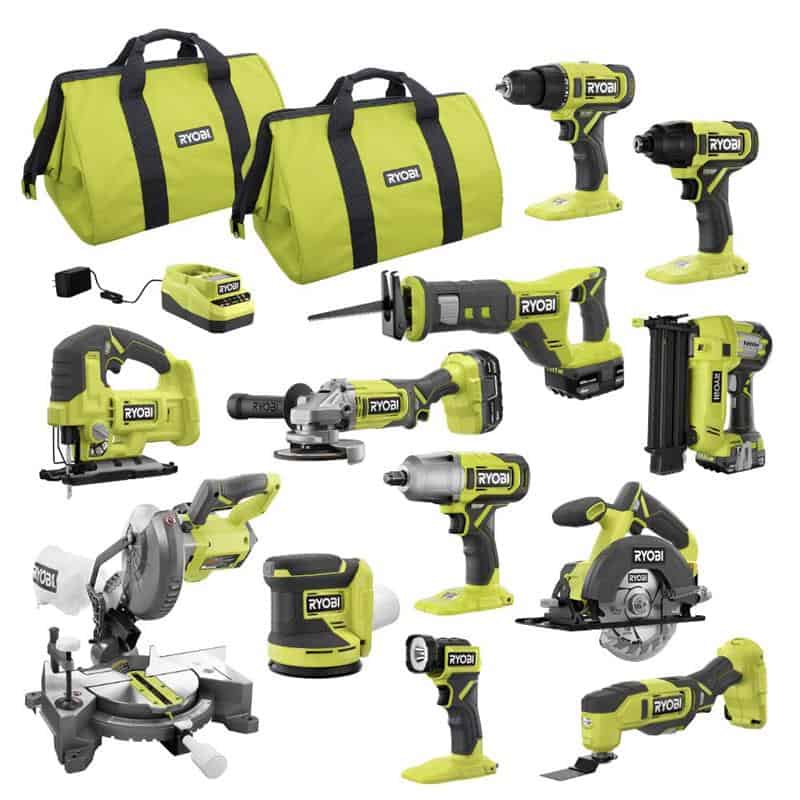
- Benefits: Ryobi is a top choice for homeowners and DIY enthusiasts, offering a vast range of affordable tools within their 18V ONE+ system. Their tools are versatile and cost-effective.
- Downsides: While Ryobi provides good value, they may not offer the same durability and power as brands like Milwaukee or DeWalt, making them less suitable for heavy-duty professional use.
- Price: Budget to mid-range
9. Skil
- Benefits: Skil offers a good balance between affordability and performance, especially for beginner DIYers. Their cordless tools are lightweight and feature intuitive designs.
- Downsides: They may lack the power and durability needed for more demanding tasks.
- Price: Budget
Each brand serves a different purpose, depending on whether you need tools for light DIY work or heavy professional use. Milwaukee and DeWalt excel in professional-grade tools, while brands like Ryobi and Skil offer affordable options for casual users. Festool and Hilti stand out for those willing to invest in premium tools for specialized tasks.
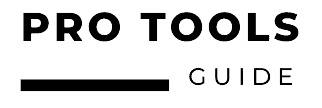
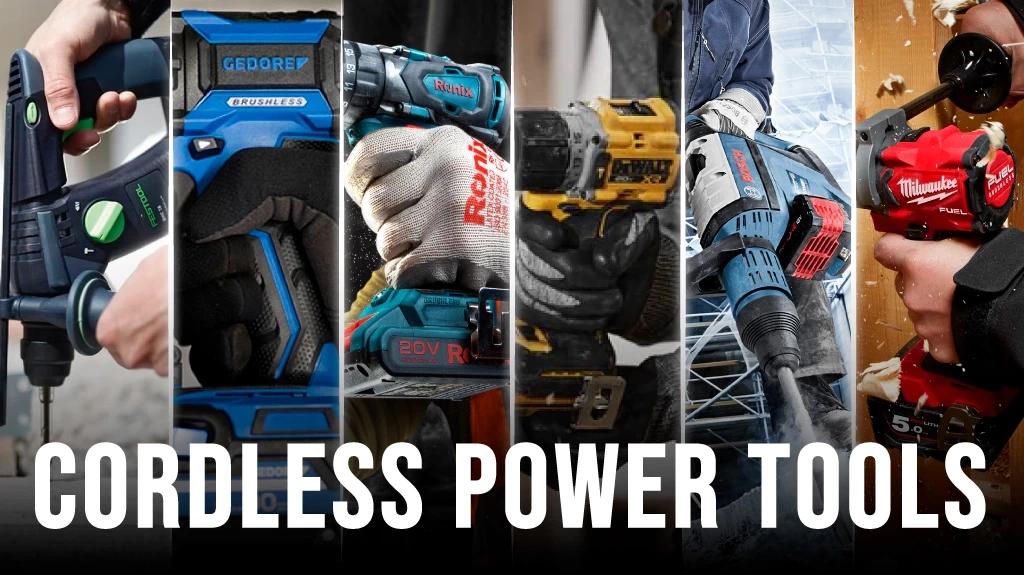
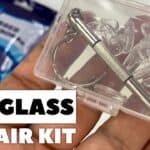
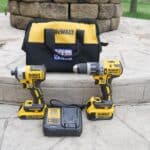
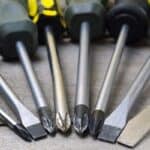
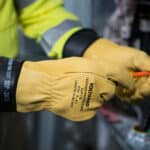
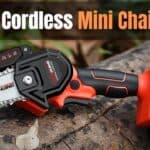

4 thoughts on “Best Cordless Power Tool Brands”